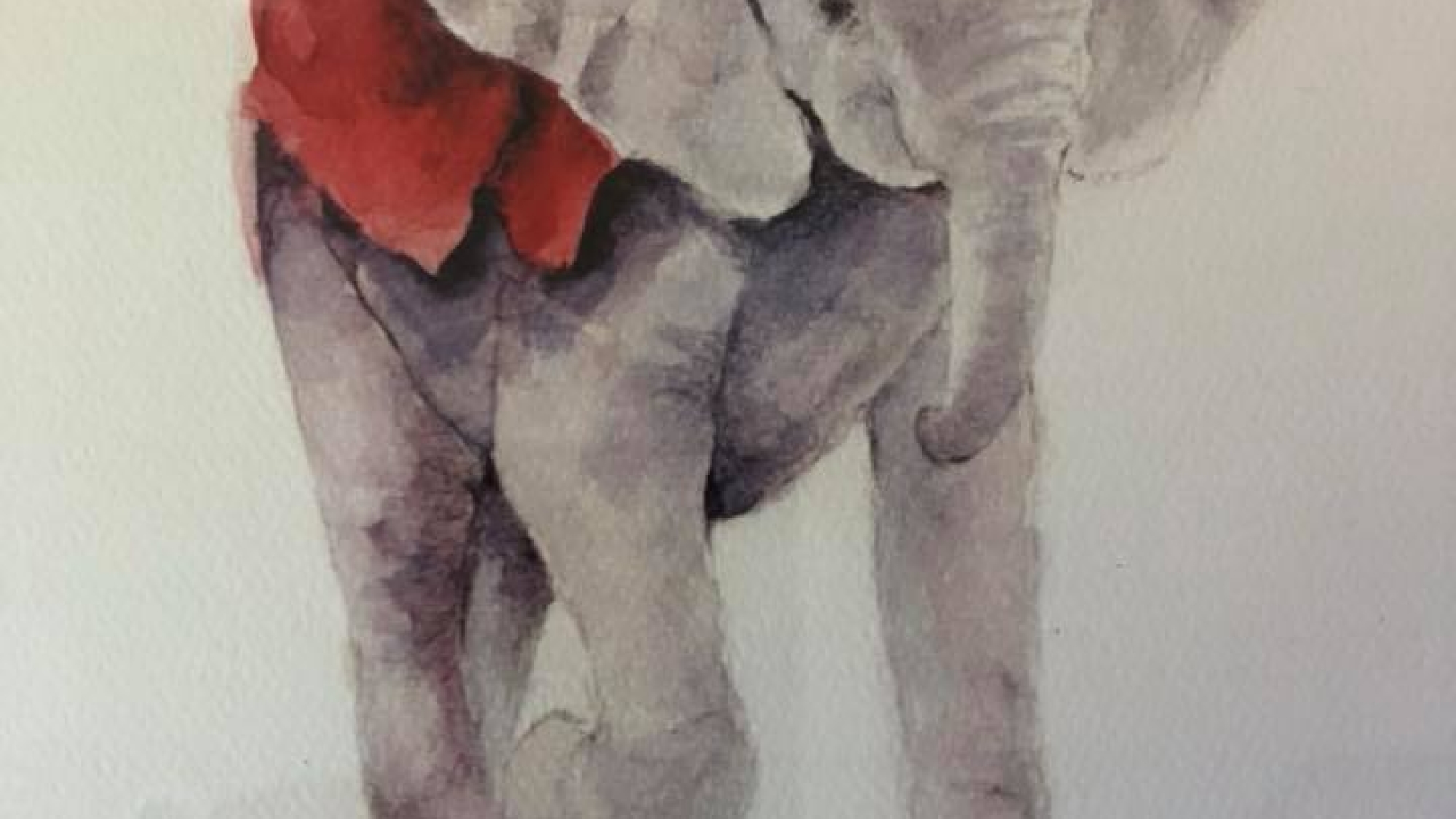A Baby Elephant – Just What I Always Wanted!
At a retreat last week, my advanced students presented me with the most amazing, loving, and life-affirming gift. On my behalf, they made a donation to the David Sheldrick Wildlife Trust in Kenya. I am now fostering an orphaned baby elephant! I received a certificate from the orphan rescue program and will be able to follow my foster child’s growth and development in an online diary. His name is “Maktao” and he is three months old. I’m so thrilled and I hope I will be able to go to Africa soon to bond with him!
The Work of the DSWT
Best known for their work to protect elephants, The David Sheldrick Wildlife Trust (DSWT) operates the most successful orphan elephant rescue and rehabilitation program in the world. They embrace all measures that complement the conservation, preservation and protection of wildlife including anti-poaching, safe guarding the natural environment, enhancing community awareness and providing veterinary assistance to animals in need. Born from one family’s passionate love for Kenya and its wilderness, the trust is one of the pioneering conservation organizations for wildlife and habitat protection in East Africa.
DSWT was founded in 1977 by Dr. Dame Daphne Sheldrick, to honor the memory of her late husband, famous naturalist and founding Warden of Tsavo East National Park, David Leslie William Sheldrick. For over 25 years Kenya-born Daphne Sheldrick lived and worked alongside David, during which time they raised and successfully rehabilitated many wild species. At the heart of the DSWT’s conservation activities today is the Orphans’ Project, which has achieved world-wide acclaim through its hugely successful elephant and rhino rescue and rehabilitation program.
Orphans Welcome Here
The Orphans’ Project exists to offer hope for the future of Kenya’s threatened elephant and rhino populations as they struggle against the threat of poaching for their ivory and horn, and the loss of habitat due to human population pressures and conflict, deforestation and drought. When a tiny new-born elephant like my charge is orphaned, it is often because its mother and family have been killed to serve the brutal ivory trade. For an elephant, family is all important; a calf’s very existence depends upon its mother’s milk for the first two years of life. An Elephant Nursery now exists nestled within Nairobi National Park under the auspices of the DSWT. The nursery offers hope for any orphaned elephant fortunate enough to be found alive. They rescue and hand-rear elephant and rhino orphans, along with many other species.
Daphne Sheldrick worked for nearly three decades of trial and error to perfect the milk formula and complex husbandry necessary to rear an orphaned infant African elephant. Today, with support from many caring people world-wide, the David Sheldrick Wildlife Trust is proud to have saved over 150 orphaned infant calves, which would otherwise have perished. More importantly, every one of these orphans can look forward to a quality of life in the wild, living free in Tsavo East National Park protected by their new extended orphaned family and friends among the wild herds.
Welcome, Maktao!
So my wonderful gift from my students of a chance to foster baby elephant orphan, Maktao, comes via The David Sheldrick Wildlife Trust’s digital foster program. This program allows individuals across the world to support the trust’s field projects by fostering an orphaned elephant, rhino or giraffe in their care. All elephant, rhino and giraffe orphans rescued by the trust are available to foster, including those orphans living back in the wild. The DSWT’s Elephant Orphanage is open to the public for one hour every day, from 11 am to noon. During this time the orphans arrive for their midday mud bath and feeding. Baby elephants love their mud baths!
Welcome, Maktao, to the sponsorship of a caring human family—all of us here at the Deborah King Center. The Trust likes to name its orphaned elephants in a way that can identify them with their origin. The orphans come from all corners of Kenya and from many different elephant populations, so they are usually given place or ethnic tribal names, as was Maktao, where he was found.
The most precious gift is the gift of life. Thank you, my beloved students, for giving me this gift of life!

